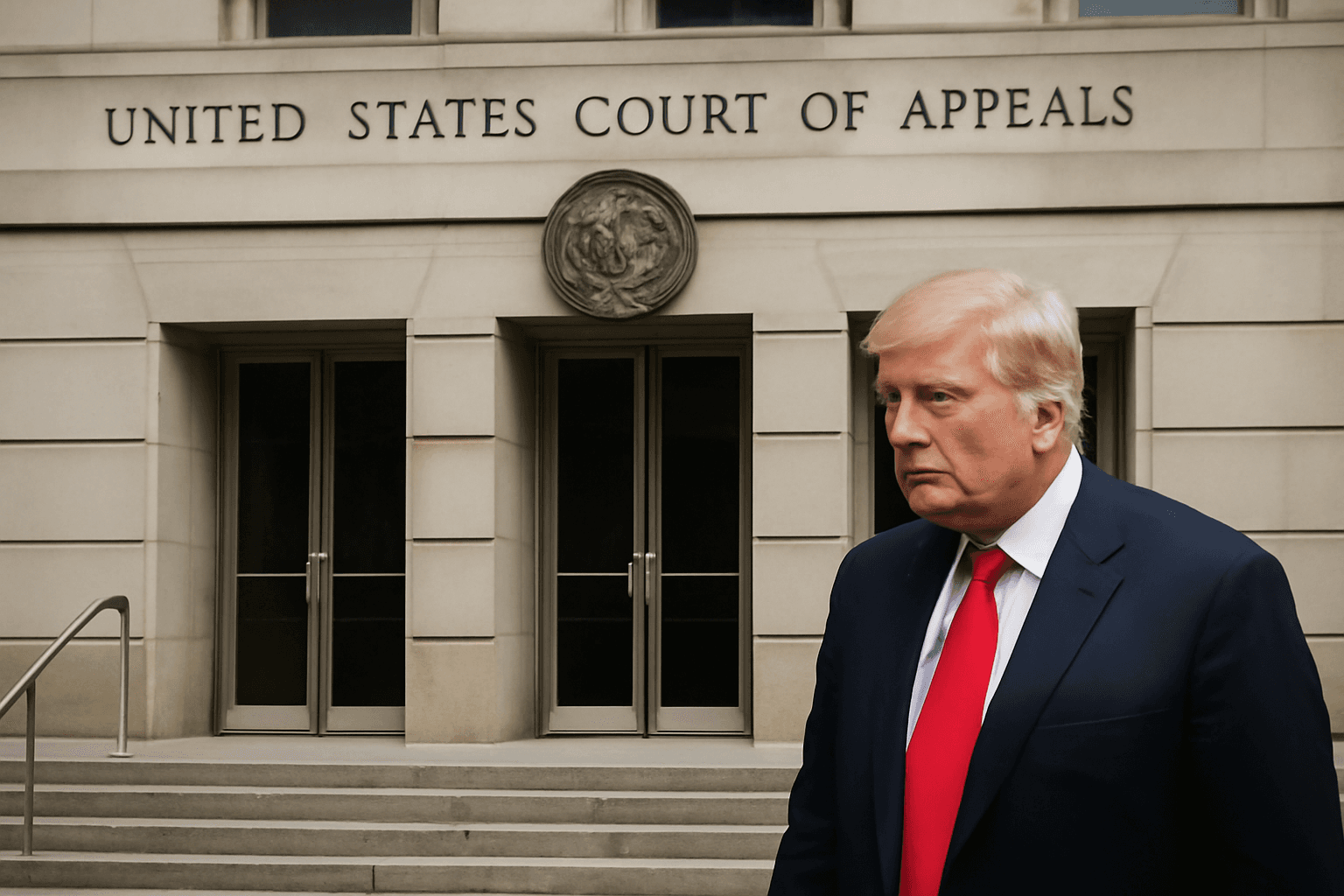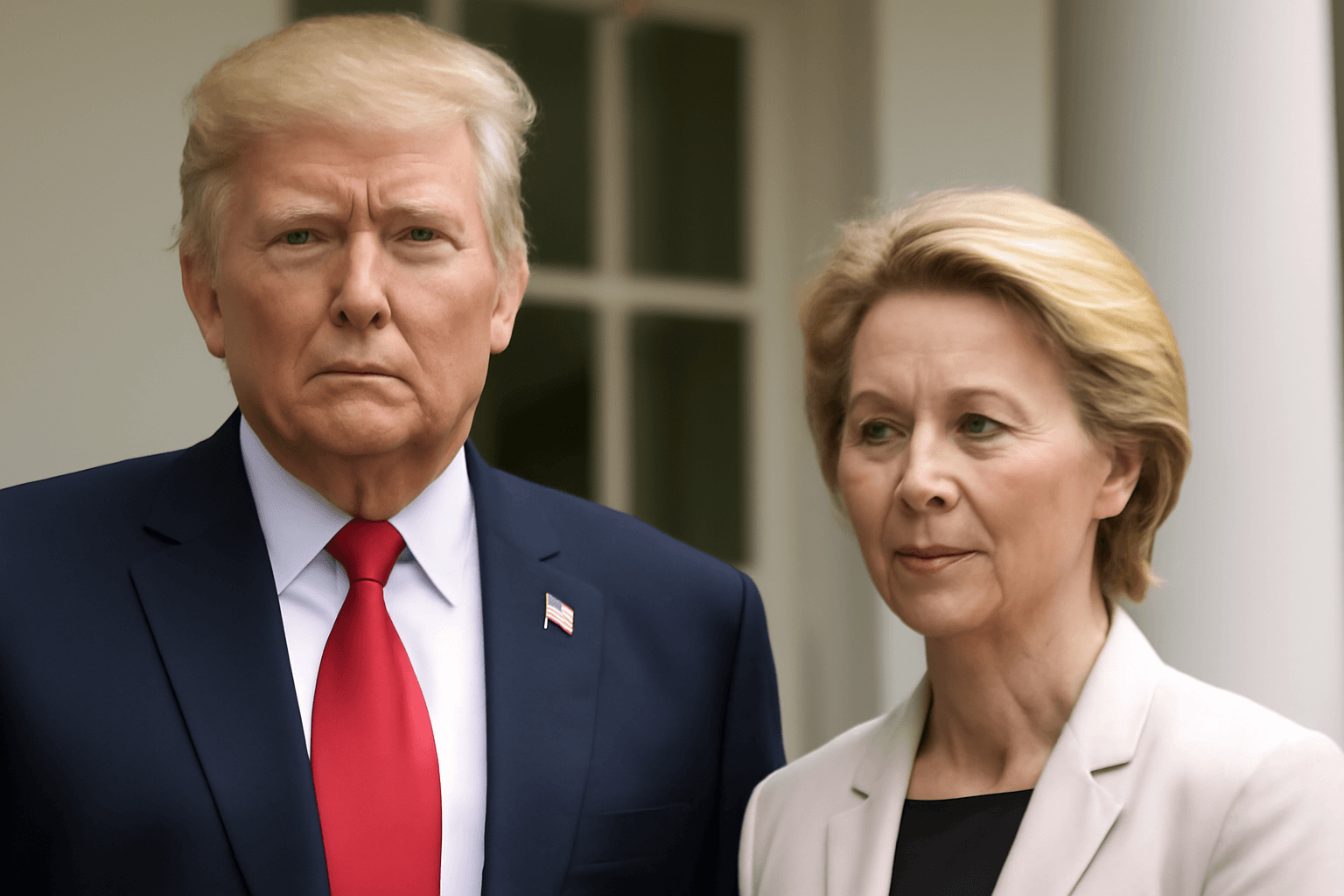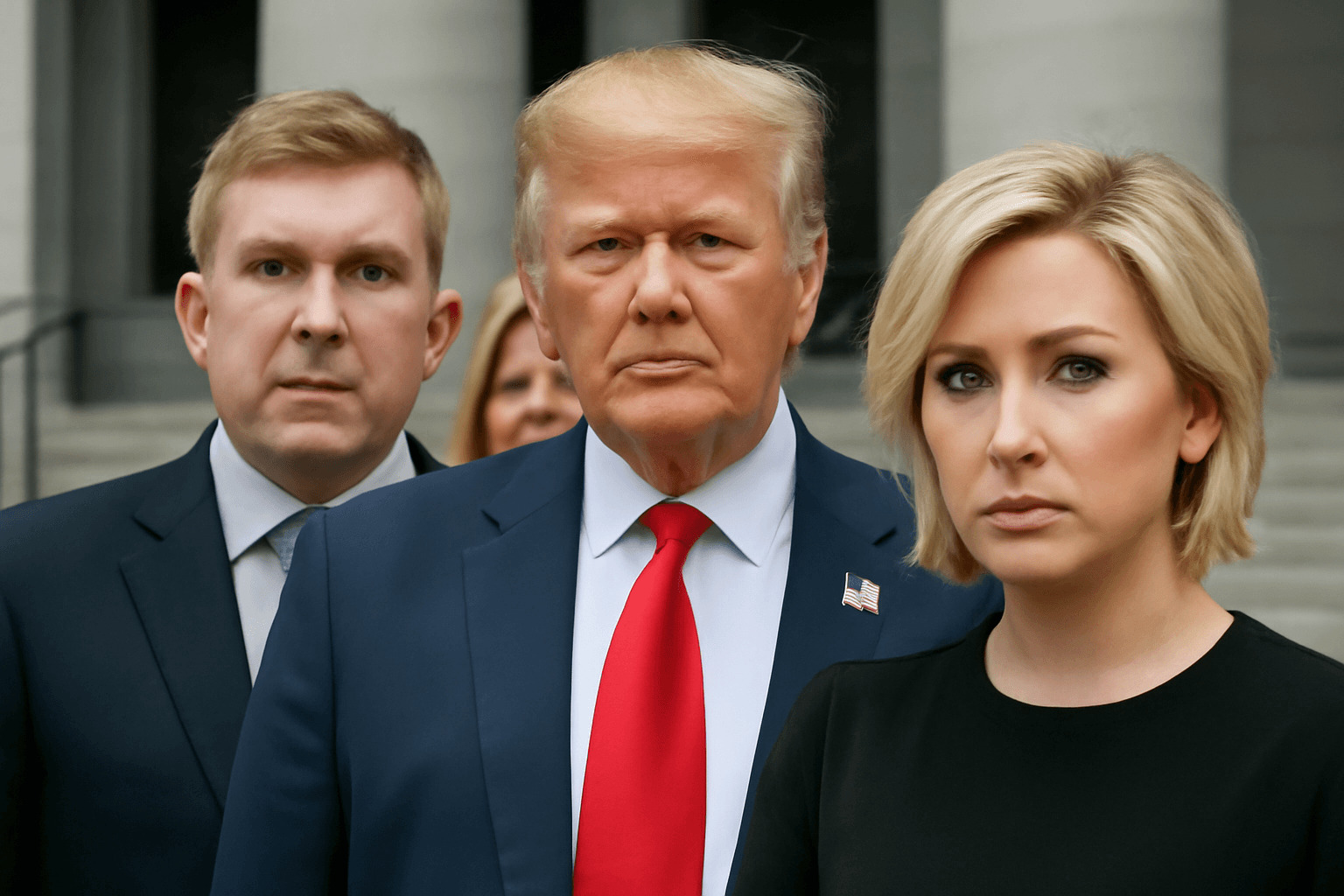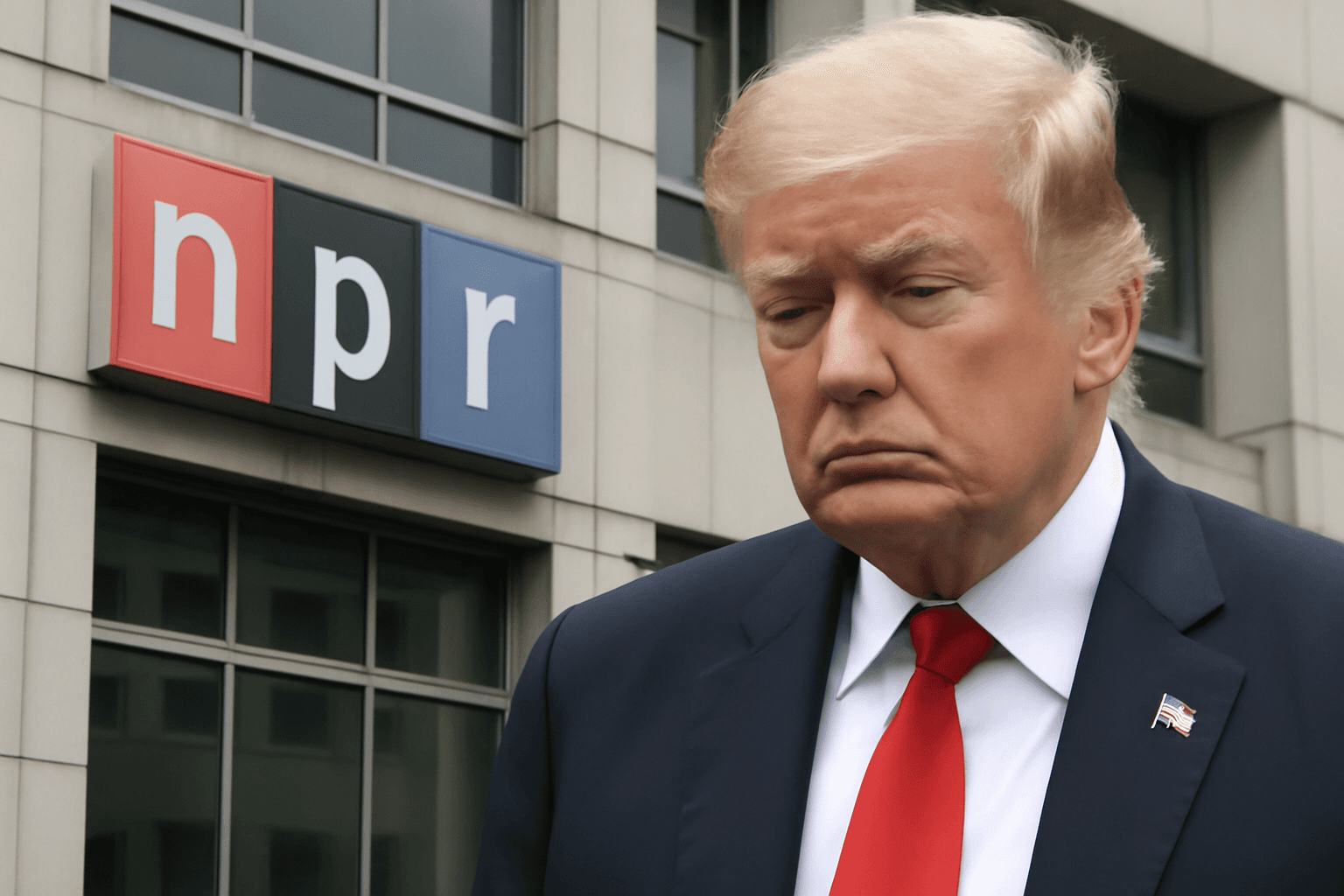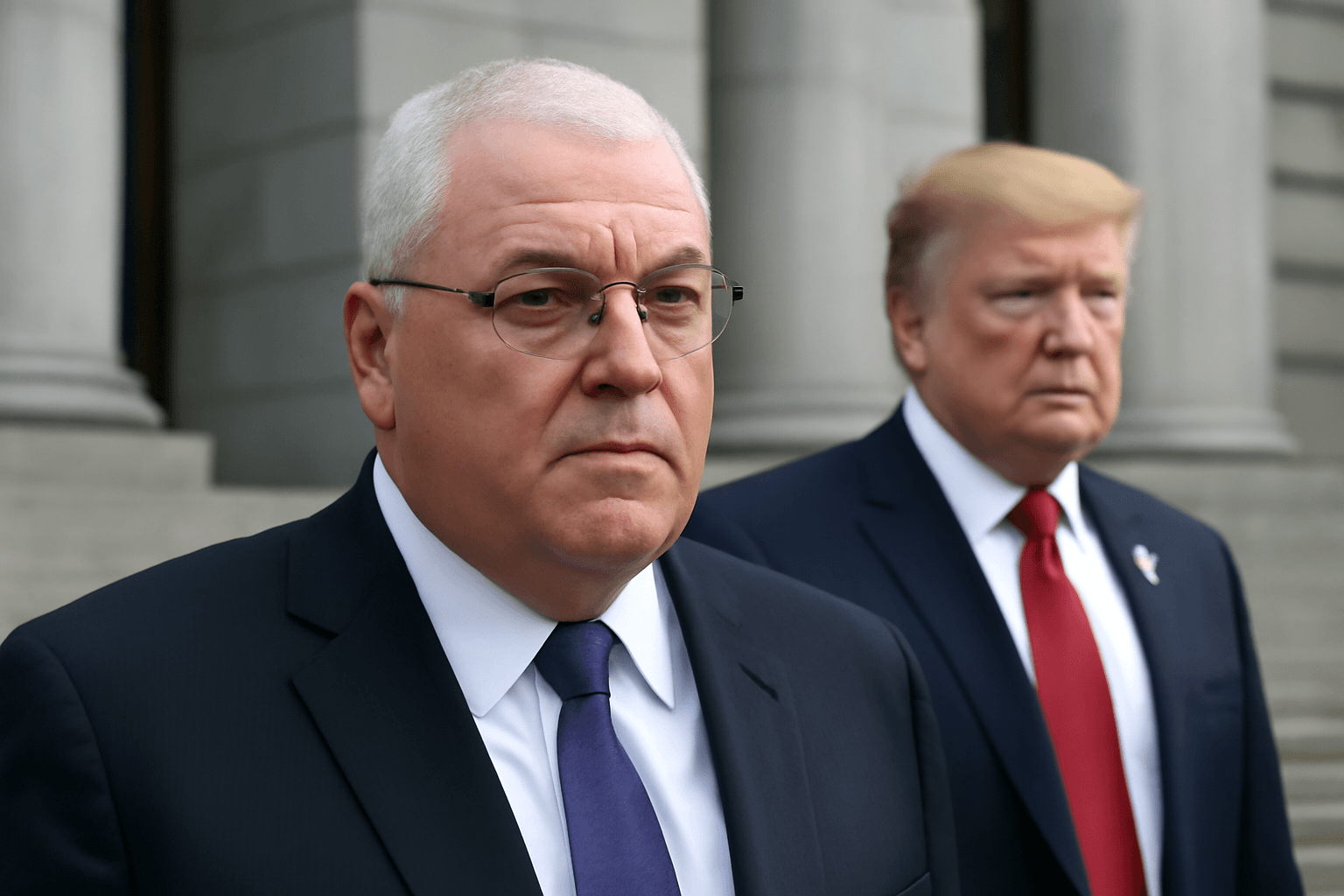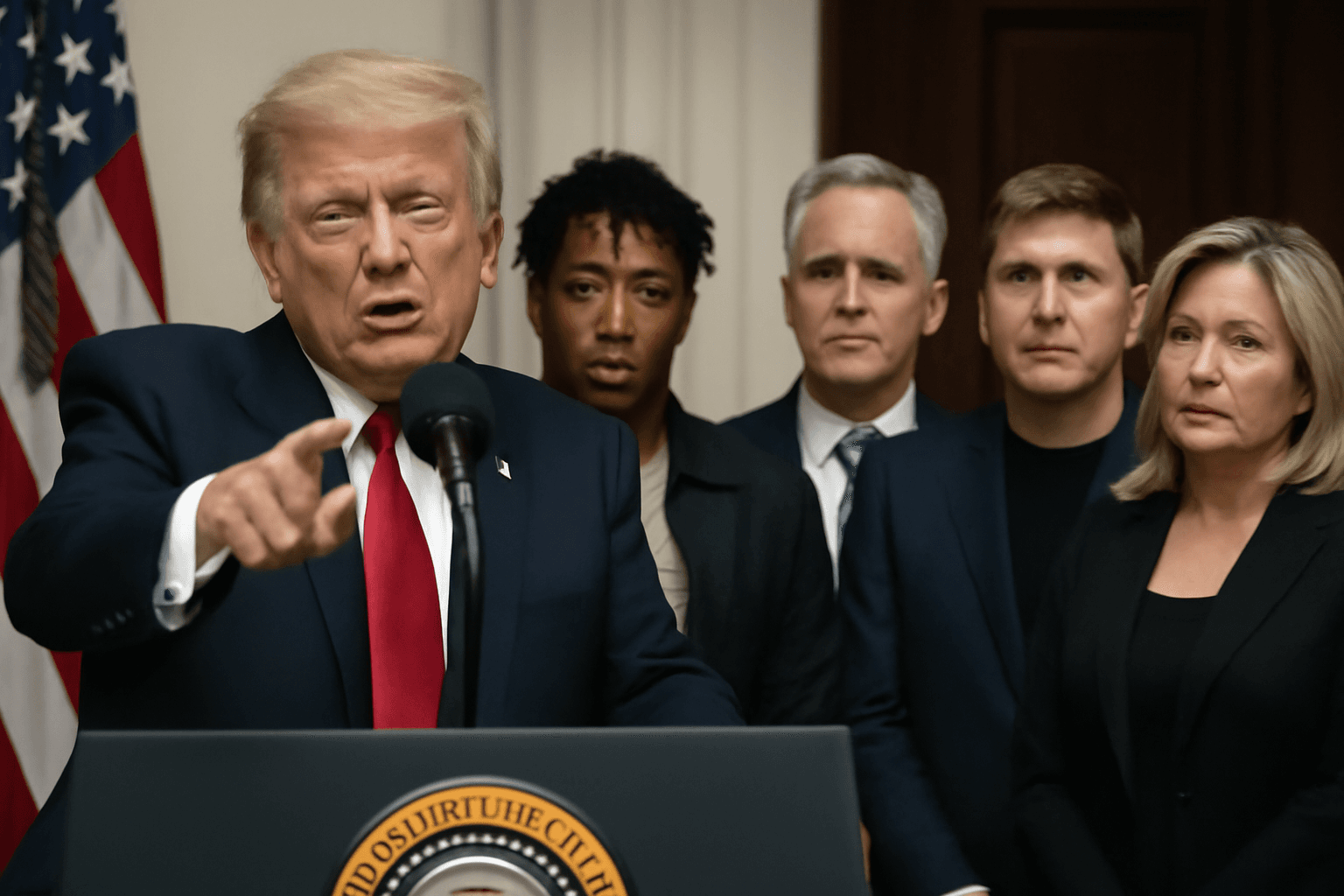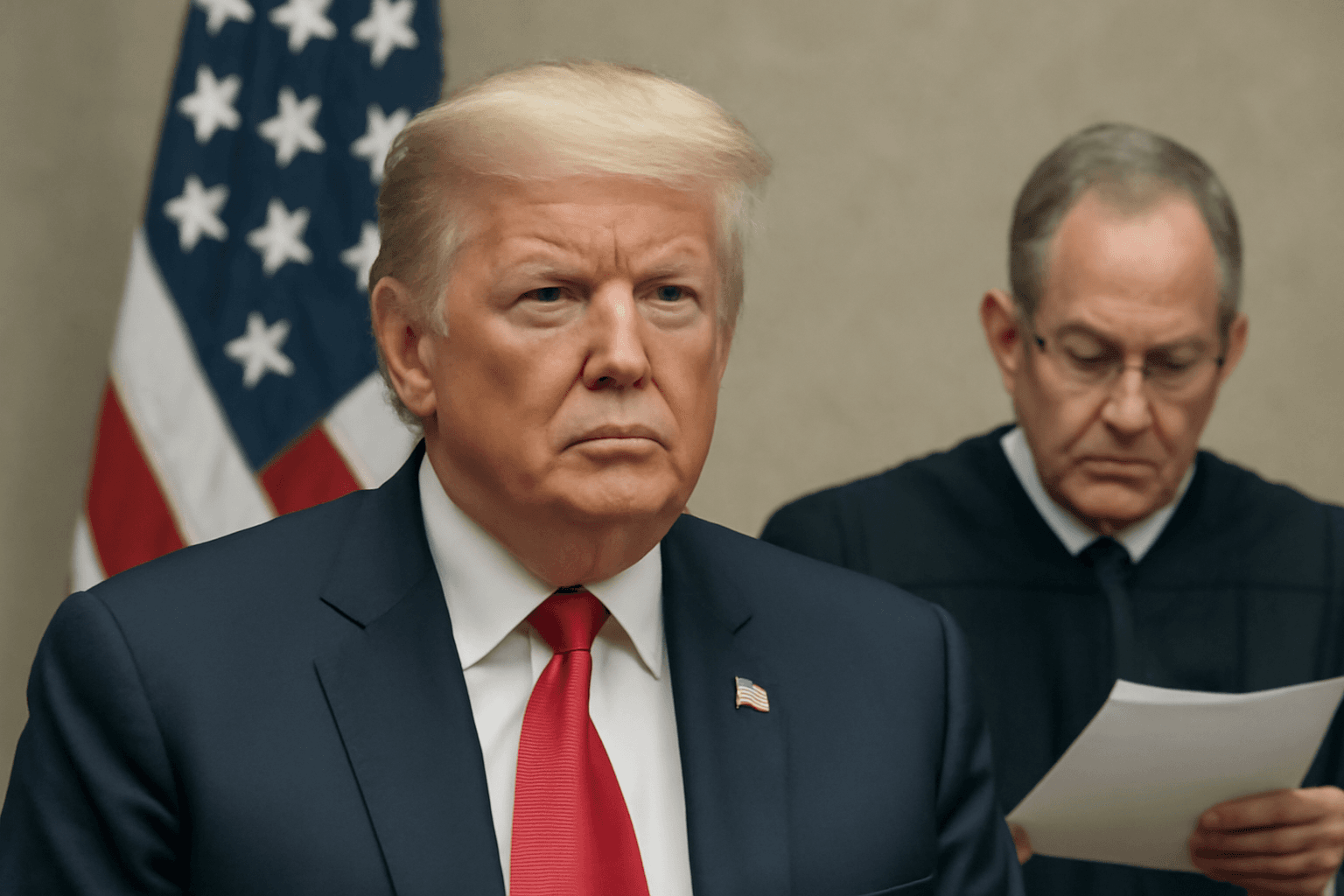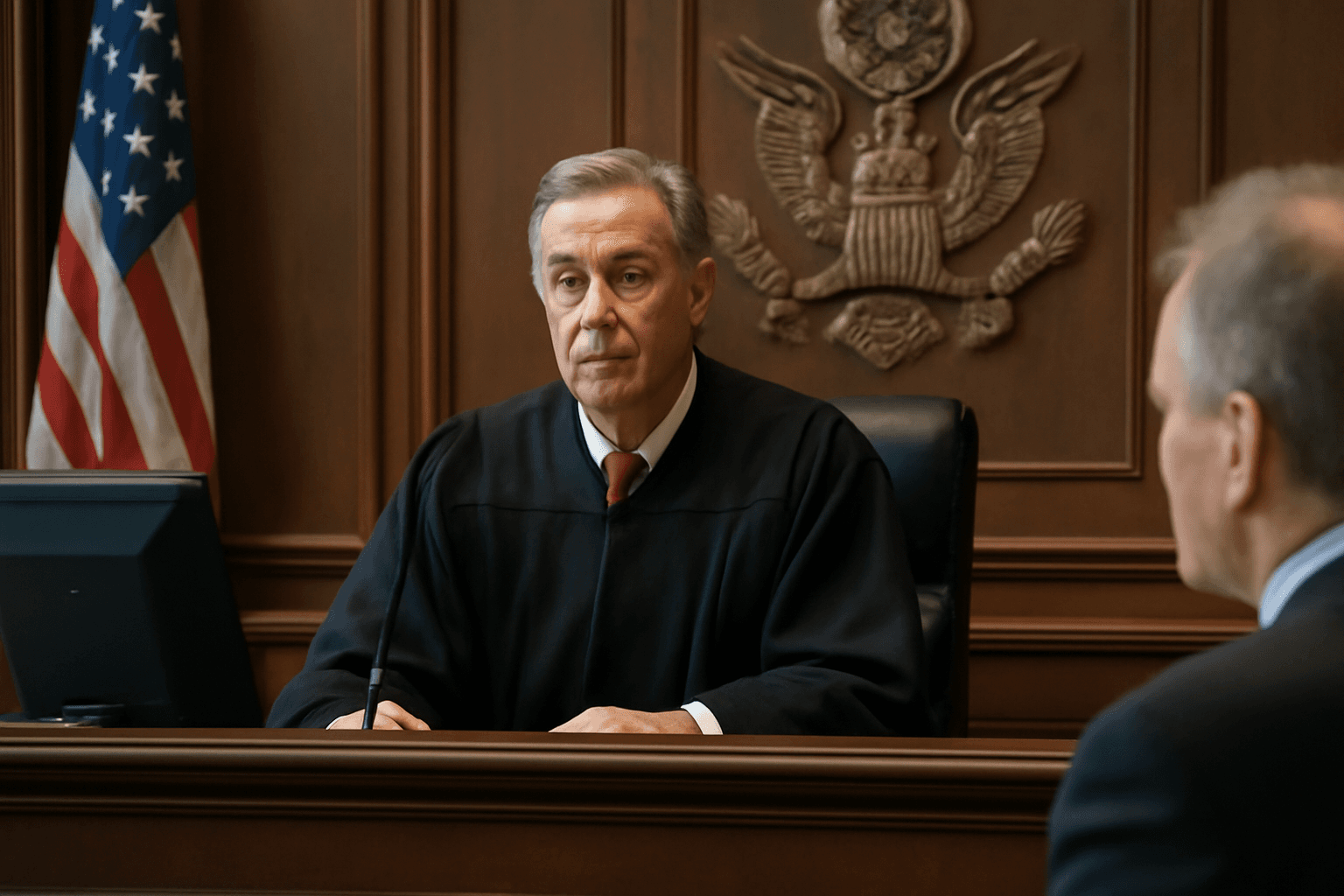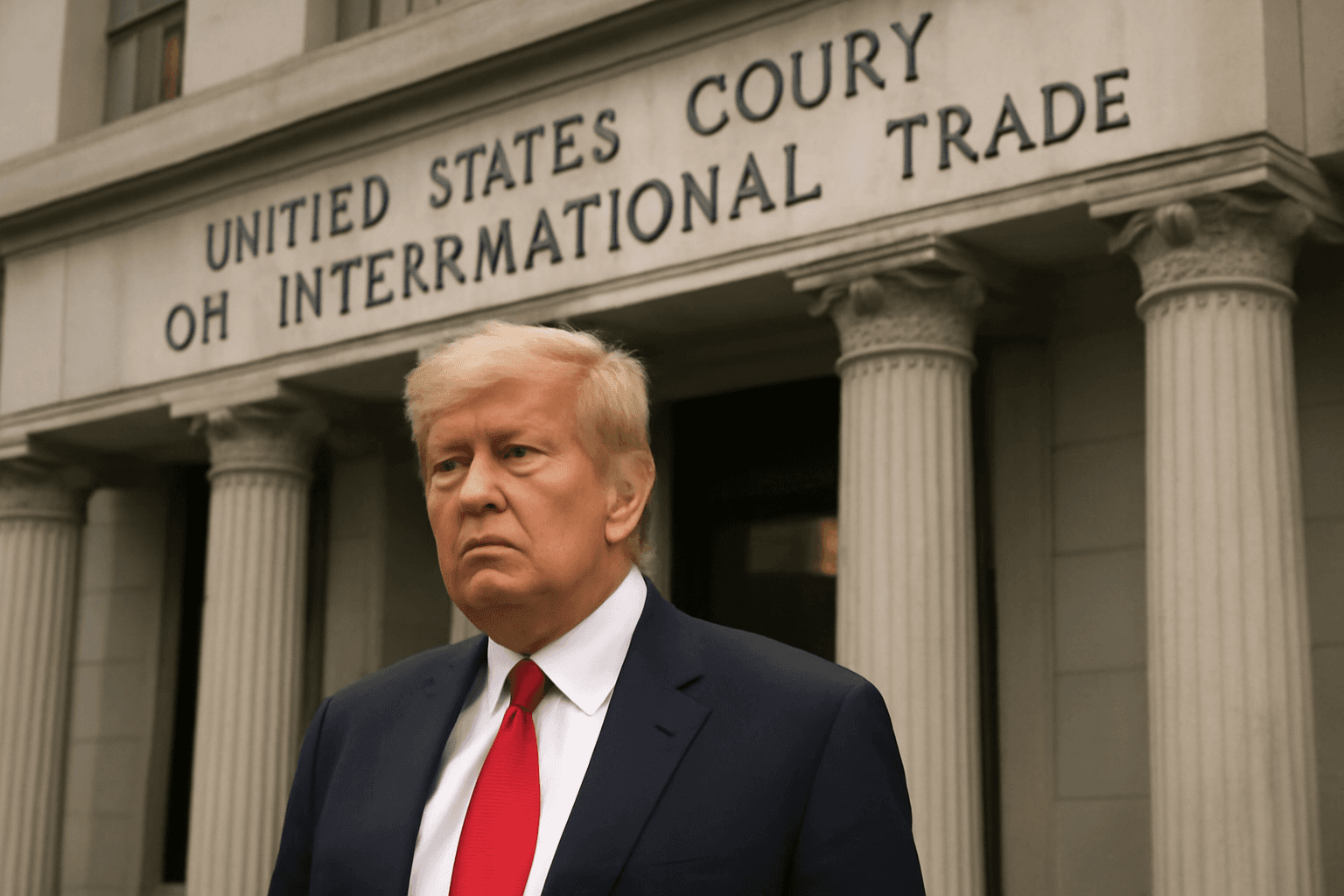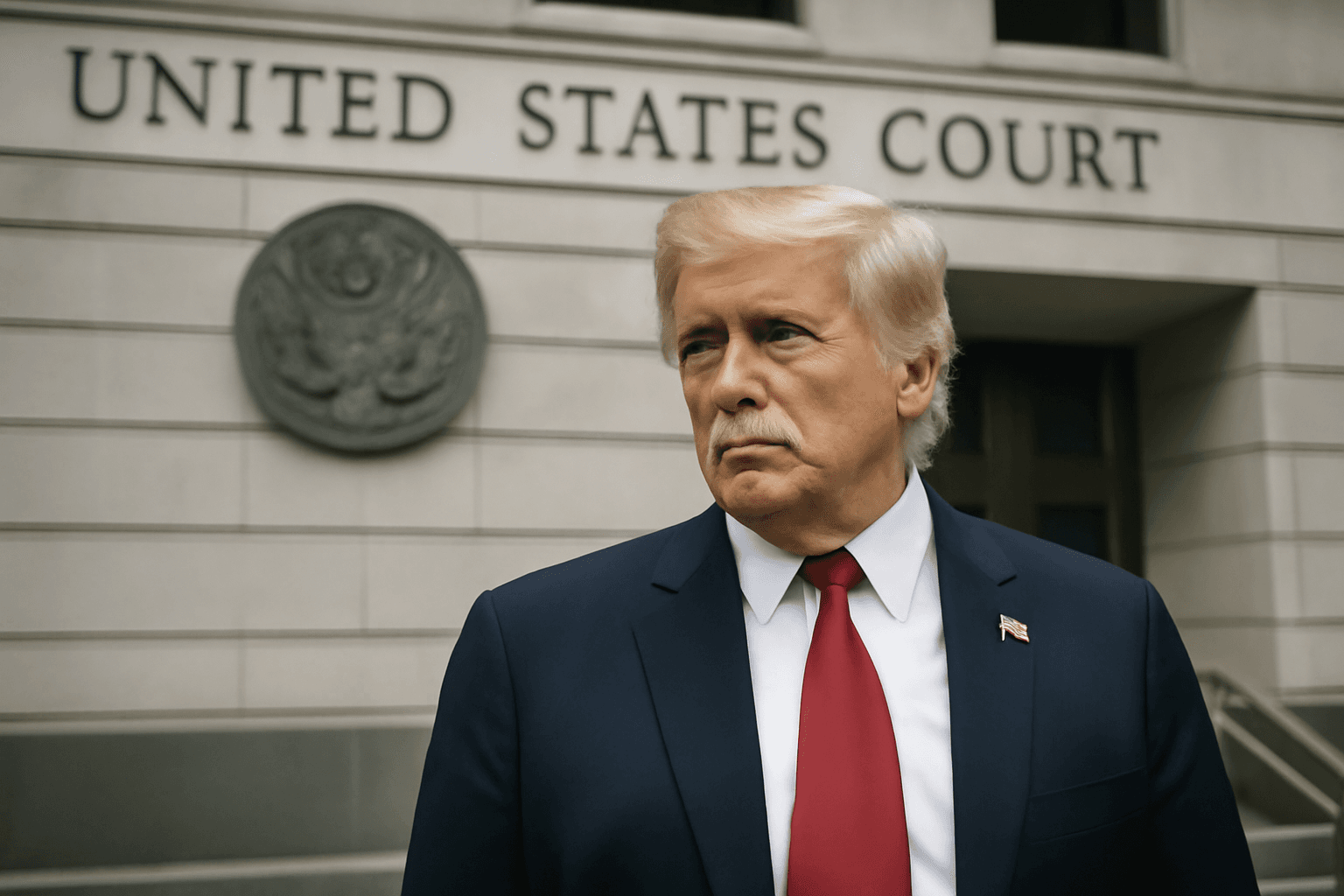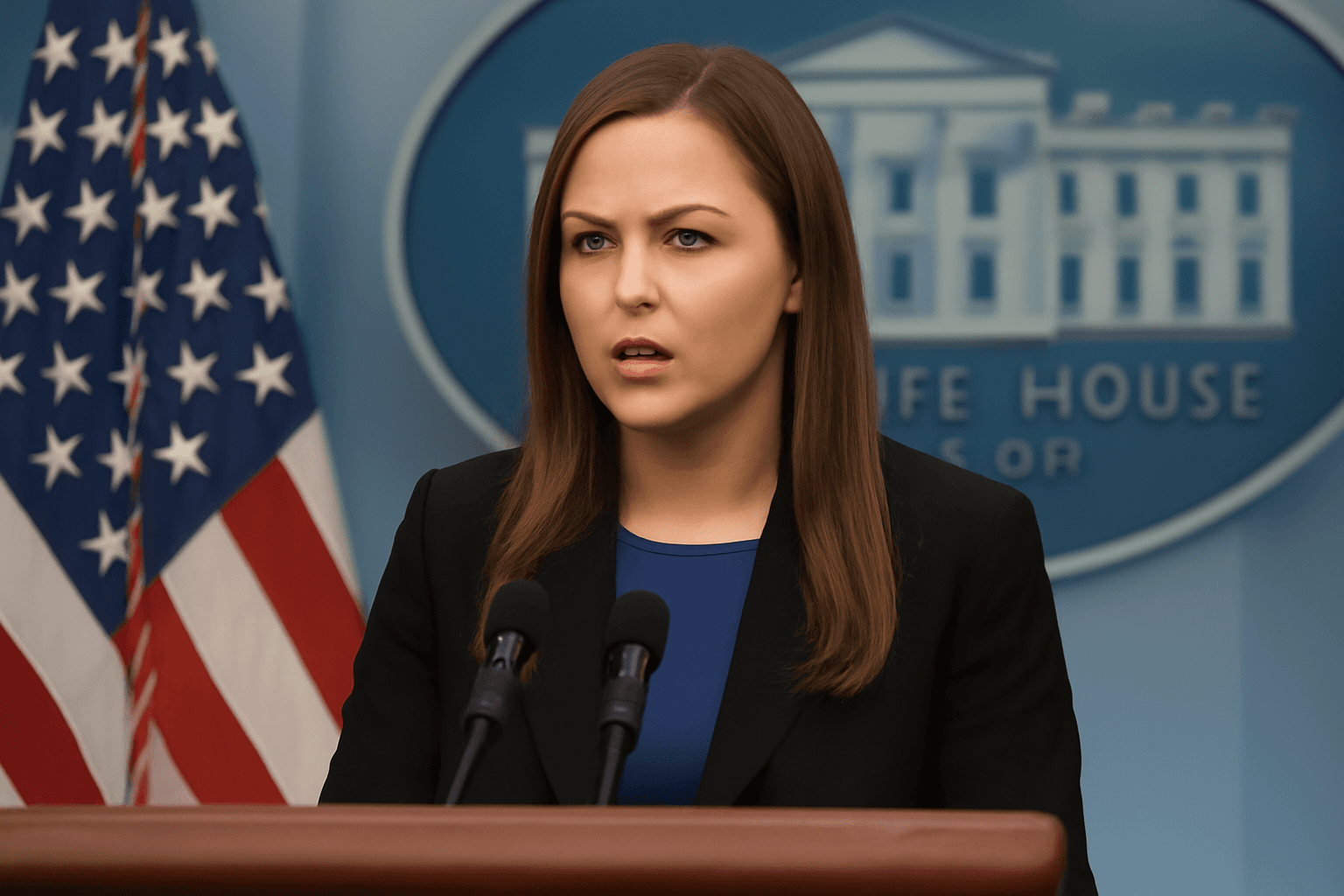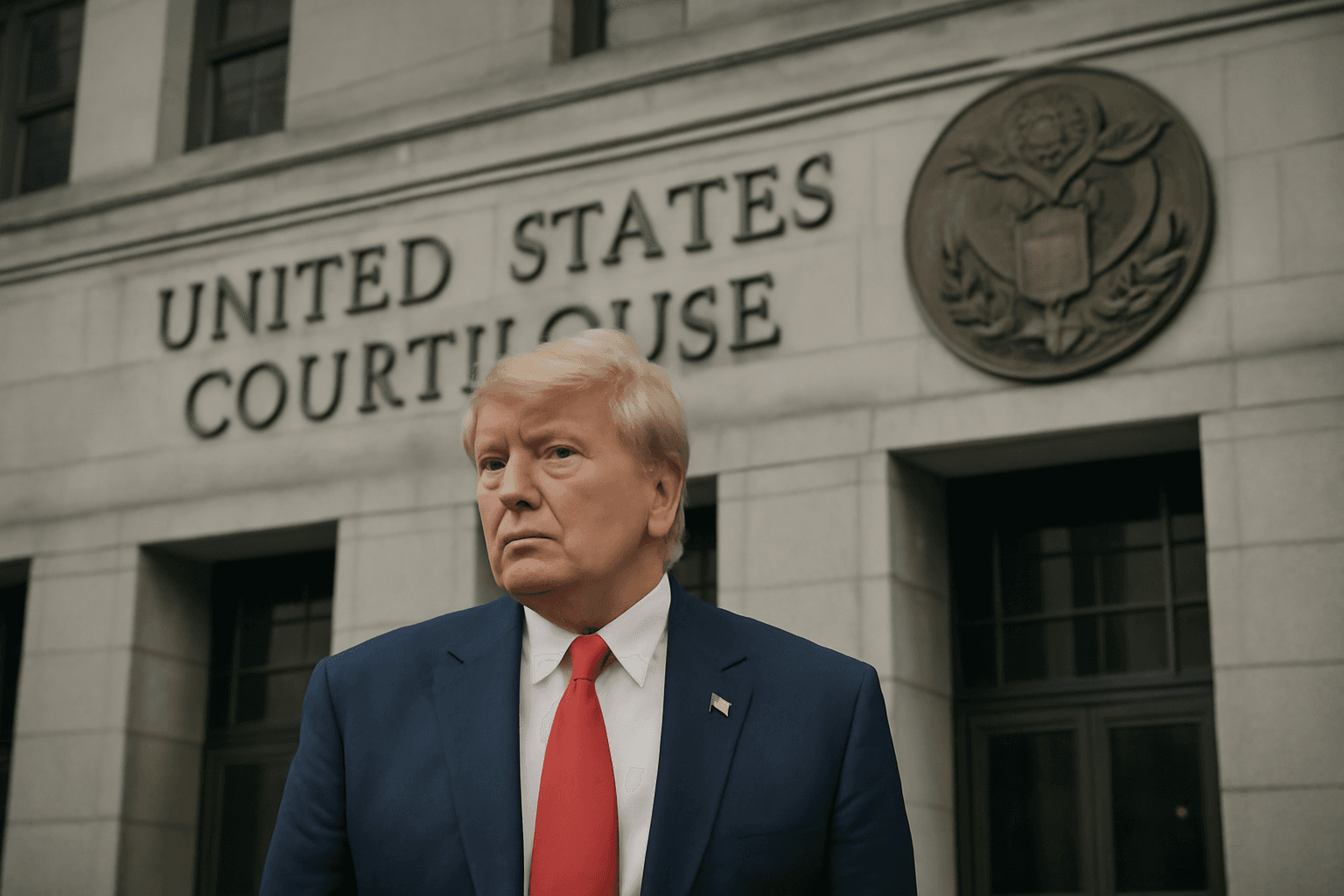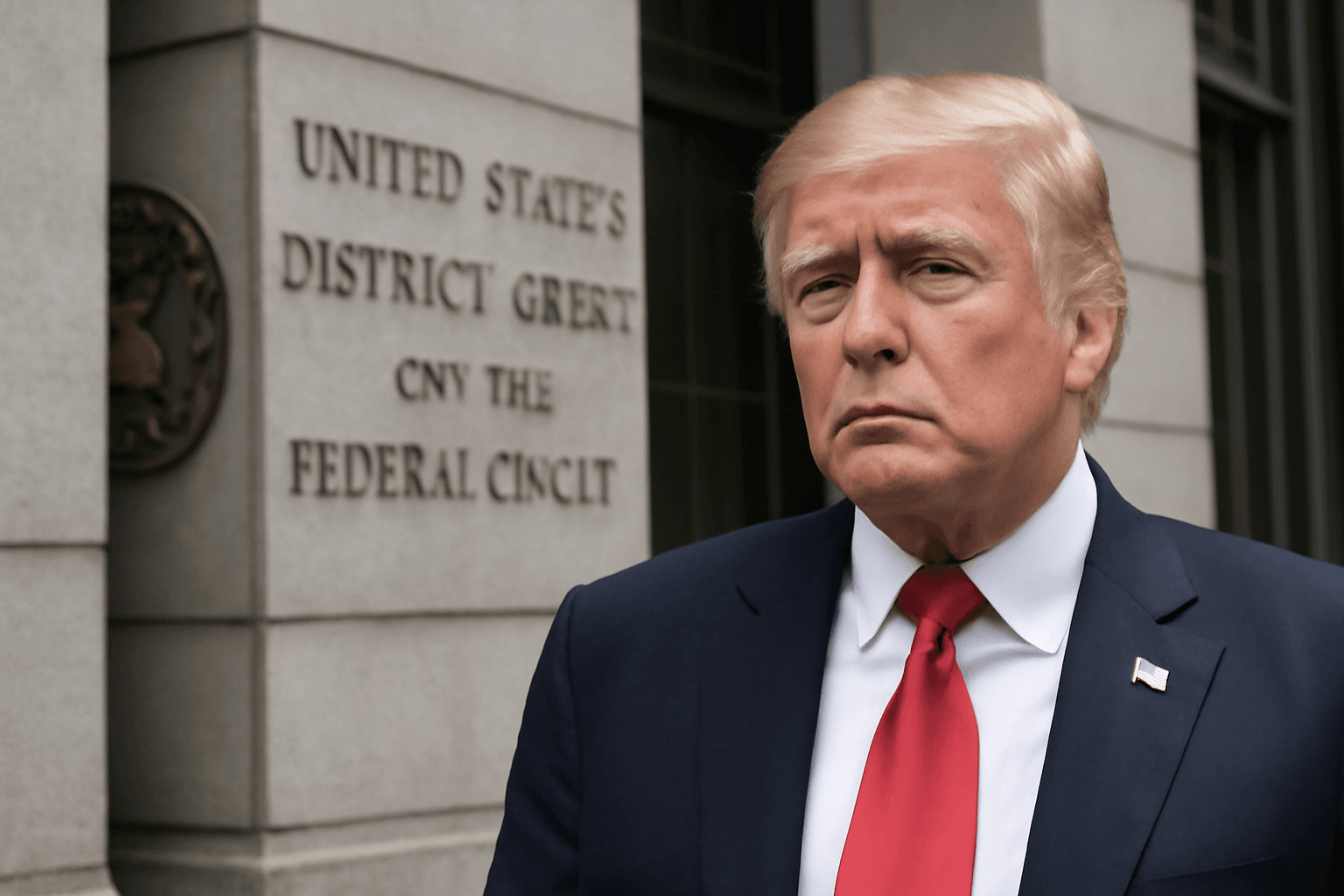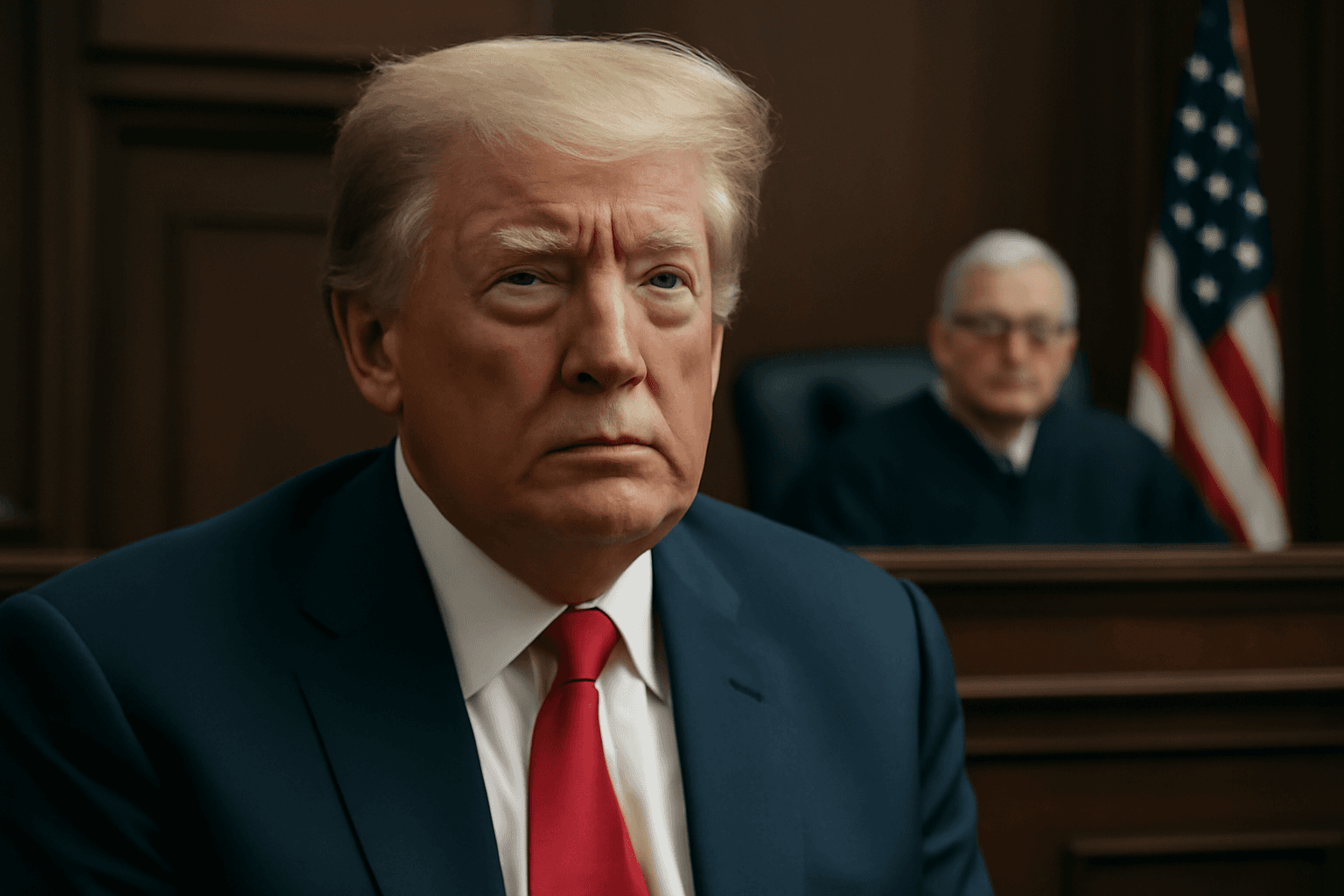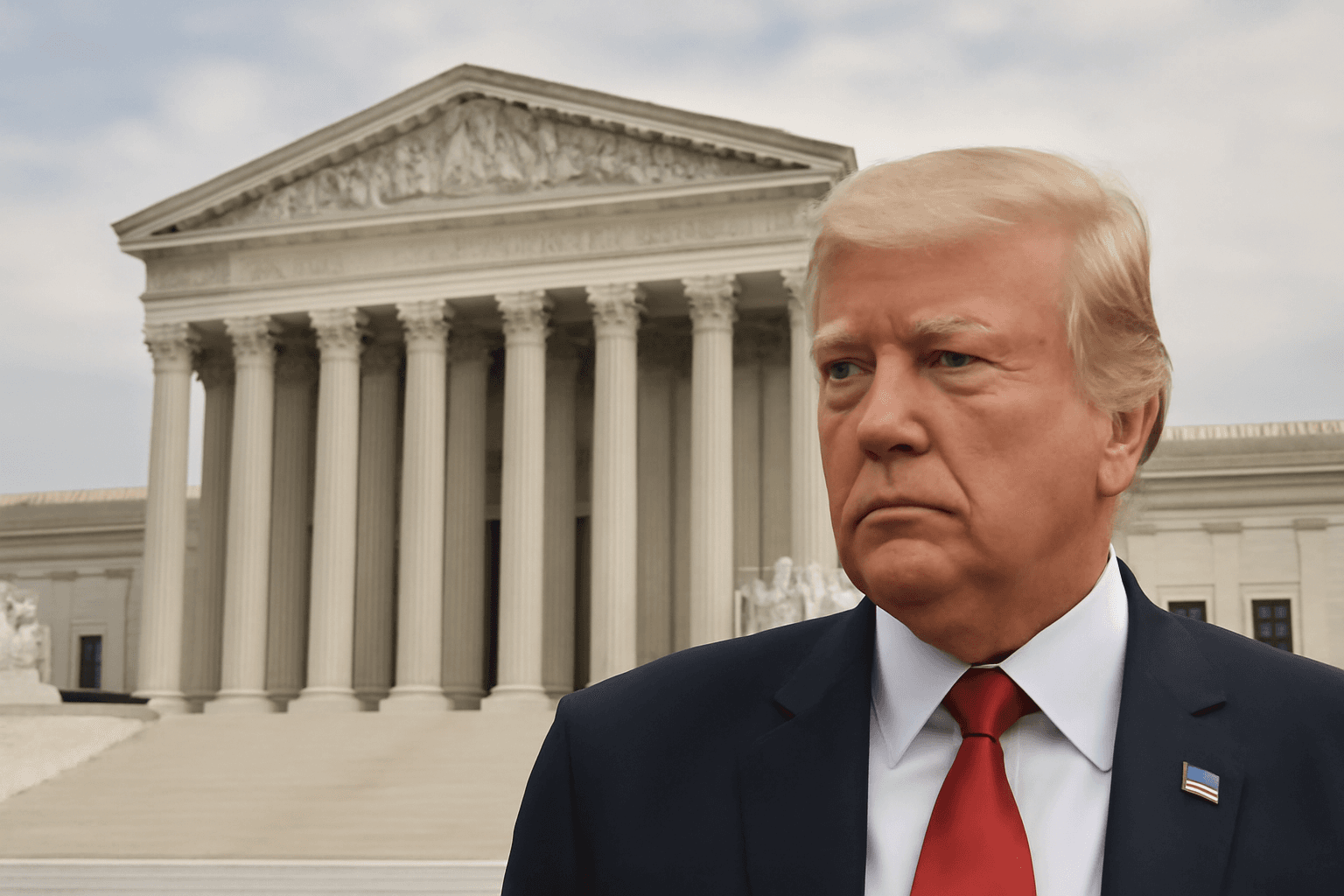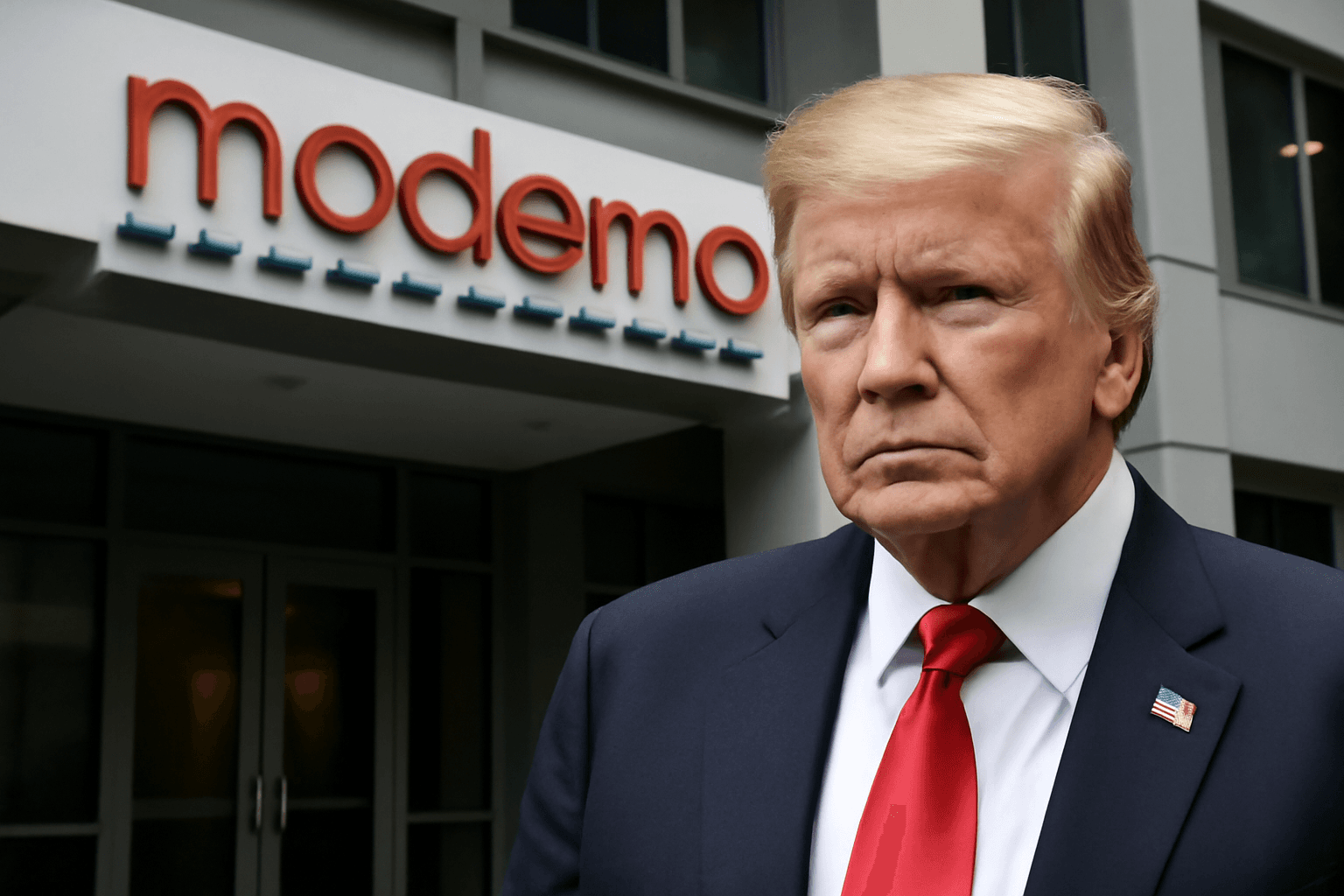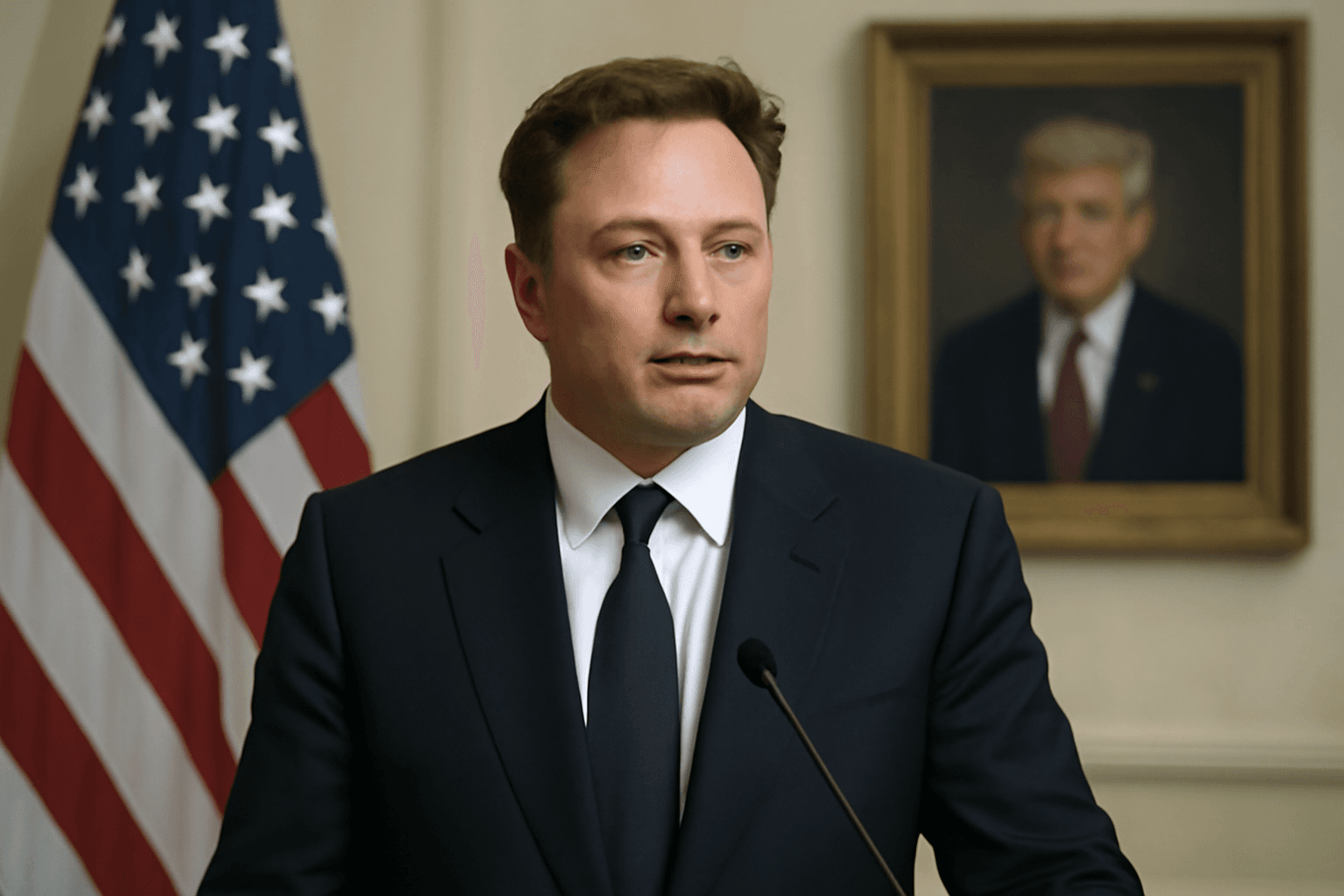On May 28, 2025, the United States Court of International Trade issued a ruling blocking the implementation of President Donald Trump's "Liberation Day" tariffs, stating that the president exceeded his legal authority by imposing sweeping duties on imports from countries with substantial trade surpluses against the U.S.
The court, seated in Manhattan, clarified that under the U.S. Constitution, Congress exclusively holds the power to regulate international commerce. This authority cannot be superseded by the president's emergency powers, even when invoked to protect the U.S. economy.
"The court does not question the prudence or efficacy of the President's tariffs as negotiation tools. It finds them impermissible not because they are unwise or ineffective, but because federal law does not permit such actions," stated the three-judge panel in their decision.
The ruling followed two consolidated lawsuits: one initiated by the nonprofit Liberty Justice Center representing five small American businesses importing goods from affected countries, and another filed by a coalition of thirteen states.
Businesses involved include a New York-based wine and spirits importer and a Virginia company producing educational kits and musical instruments. They argued the tariffs would significantly hinder their operations.
Oregon Attorney General Dan Rayfield, leading the states' litigation efforts, condemned the tariffs as "unlawful, reckless, and economically damaging," emphasizing that the court's decision underscores the primacy of legislative authority in trade matters.
Historically, the International Emergency Economic Powers Act (IEEPA) has been employed to sanction U.S. adversaries or freeze assets during national emergencies. President Trump’s use of IEEPA to impose tariffs marks a novel and controversial application of the statute.
Trump justified these tariffs by declaring the U.S. trade deficit a national emergency, enacting a 10% tariff on all imports, with elevated rates targeting countries like China. However, several country-specific tariffs were suspended shortly after, and as of May 12, the administration announced temporary reductions on the steepest tariffs on China pending trade negotiations.
The Justice Department has argued for dismissal of the lawsuits, citing lack of immediate harm to plaintiffs and limiting challenges to the president's emergency declaration to Congressional authority.
Financial markets responded to the court’s decision with the U.S. dollar strengthening against traditional safe-haven currencies such as the Swiss franc and Japanese yen.
The ruling is subject to appeal at the U.S. Court of Appeals for the Federal Circuit and potentially the U.S. Supreme Court.


